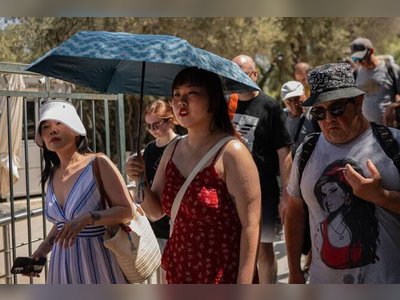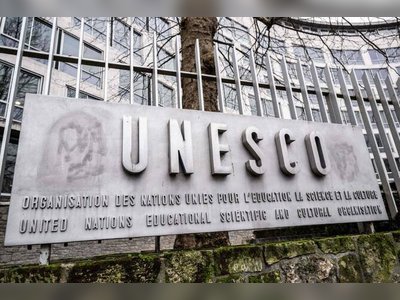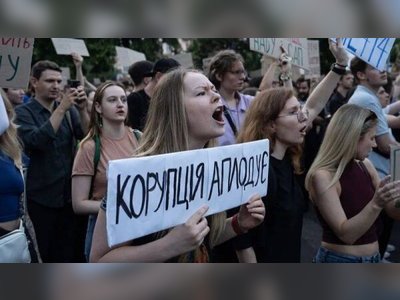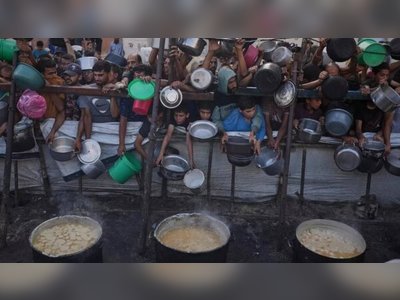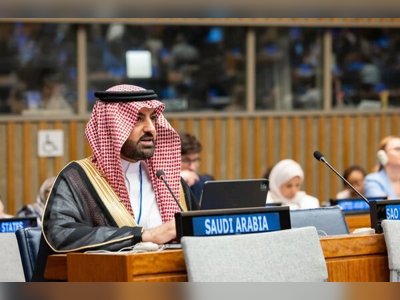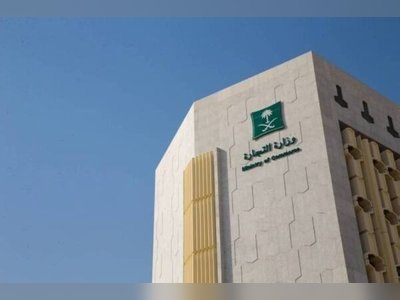
Somalia Donors Losing Faith as Al-Shabab Surges Amid Political Chaos and Military Defeats
Despite billions in international aid, Somalia's government struggles against Al-Qaeda-linked insurgents while donors' patience wears thin.
NAIROBI: Despite receiving billions of dollars in international support, Somalia’s army has faltered under the relentless pressure from Al-Qaeda-linked Al-Shabab insurgents.
This failure has left donors increasingly impatient with the government's inability to secure its own territory.Al-Shabab, using hundreds of fighters and sophisticated tactics, has reclaimed several key towns, including Moqokori on July 7, marking a significant victory for the insurgency.
These territorial gains not only enhance Al-Shabab’s operational capacity but also undermine the local clan militias that were once the government’s most effective fighting force.Somalia's government, which has been combating Al-Shabab since the mid-2000s, now faces a critical juncture marked by declining international support, a demoralized military, and internal political strife.
The government initially enjoyed success in 2022-23 when it worked closely with local militias to retake hundreds of towns and villages from Al-Shabab.
However, this year’s counter-offensive has seen the insurgents reclaim roughly 90% of lost territory, according to estimates by Sahan Research.The government's strategy, which heavily relied on these militias known as “Macwiisley,” collapsed due to mismanagement and favoritism in allocating resources and support to different clans.
This approach has led to a breakdown in the mobilization and maintenance of community-based militias that were crucial for territorial control.Critics argue that the Somali National Army, particularly its most effective unit, the US-trained “Danab” commando unit, excels at conducting operations against Al-Shabab but fails to hold strategic ground.
The army’s inability to stem the insurgent tide reflects broader systemic issues within the government and the military, including a lack of cohesion and strategic leadership.The political landscape in Somalia is marred by deep-seated clan divisions that have hindered the development of a unified national strategy.
President Hassan Sheikh Mohamud's administration has prioritized preparations for Somalia’s first-ever one-man, one-vote election, scheduled for next year, over focusing on strengthening security forces and countering Al-Shabab.International partners, including the European Union and the United States, have contributed significantly to Somali security efforts, totaling more than $7 billion since 2007.
However, as the situation on the ground worsens and the government’s military capabilities appear stagnant, donors are growing increasingly skeptical about the effectiveness of their investments.
The transition from an African Union-led mission to a new AU-SOM (AU Support Mission in Somalia) highlights this concern.The shift in international support has led Somalia to seek alternative partnerships with countries like the United Arab Emirates, Qatar, Egypt, and Turkey.
While these newer partners have deployed troops and resources to bolster security in key areas, their motivations are primarily tied to protecting strategic investments rather than engaging in a broader counter-insurgency effort.Somalia now stands at a critical crossroads, facing a dire situation with limited prospects for improvement without significant changes in both its internal governance and external support mechanisms.
As the international community reassesses its priorities and commitments to Somalia, the country's future stability hangs precariously in the balance.
This failure has left donors increasingly impatient with the government's inability to secure its own territory.Al-Shabab, using hundreds of fighters and sophisticated tactics, has reclaimed several key towns, including Moqokori on July 7, marking a significant victory for the insurgency.
These territorial gains not only enhance Al-Shabab’s operational capacity but also undermine the local clan militias that were once the government’s most effective fighting force.Somalia's government, which has been combating Al-Shabab since the mid-2000s, now faces a critical juncture marked by declining international support, a demoralized military, and internal political strife.
The government initially enjoyed success in 2022-23 when it worked closely with local militias to retake hundreds of towns and villages from Al-Shabab.
However, this year’s counter-offensive has seen the insurgents reclaim roughly 90% of lost territory, according to estimates by Sahan Research.The government's strategy, which heavily relied on these militias known as “Macwiisley,” collapsed due to mismanagement and favoritism in allocating resources and support to different clans.
This approach has led to a breakdown in the mobilization and maintenance of community-based militias that were crucial for territorial control.Critics argue that the Somali National Army, particularly its most effective unit, the US-trained “Danab” commando unit, excels at conducting operations against Al-Shabab but fails to hold strategic ground.
The army’s inability to stem the insurgent tide reflects broader systemic issues within the government and the military, including a lack of cohesion and strategic leadership.The political landscape in Somalia is marred by deep-seated clan divisions that have hindered the development of a unified national strategy.
President Hassan Sheikh Mohamud's administration has prioritized preparations for Somalia’s first-ever one-man, one-vote election, scheduled for next year, over focusing on strengthening security forces and countering Al-Shabab.International partners, including the European Union and the United States, have contributed significantly to Somali security efforts, totaling more than $7 billion since 2007.
However, as the situation on the ground worsens and the government’s military capabilities appear stagnant, donors are growing increasingly skeptical about the effectiveness of their investments.
The transition from an African Union-led mission to a new AU-SOM (AU Support Mission in Somalia) highlights this concern.The shift in international support has led Somalia to seek alternative partnerships with countries like the United Arab Emirates, Qatar, Egypt, and Turkey.
While these newer partners have deployed troops and resources to bolster security in key areas, their motivations are primarily tied to protecting strategic investments rather than engaging in a broader counter-insurgency effort.Somalia now stands at a critical crossroads, facing a dire situation with limited prospects for improvement without significant changes in both its internal governance and external support mechanisms.
As the international community reassesses its priorities and commitments to Somalia, the country's future stability hangs precariously in the balance.


